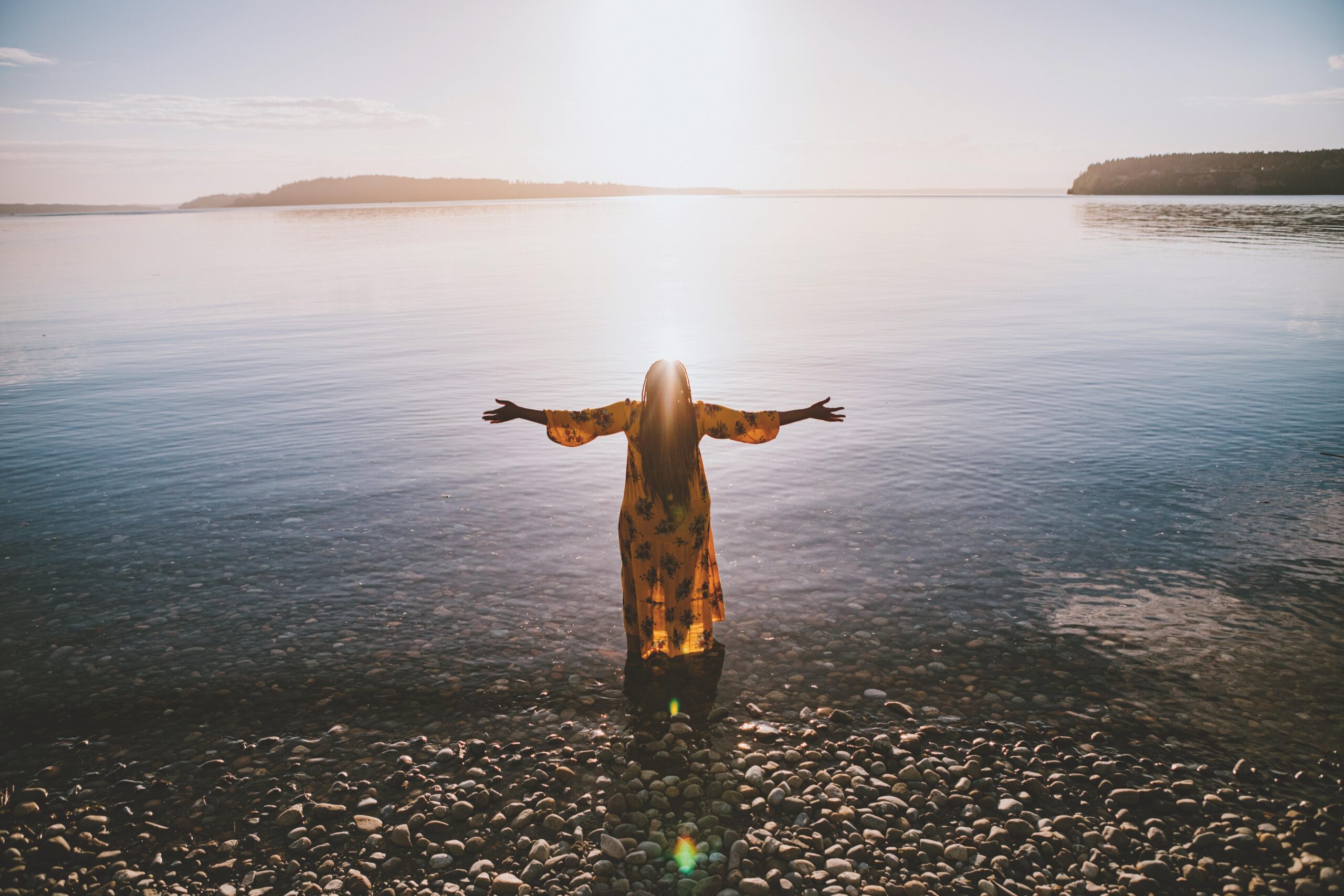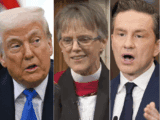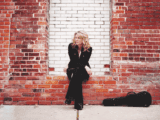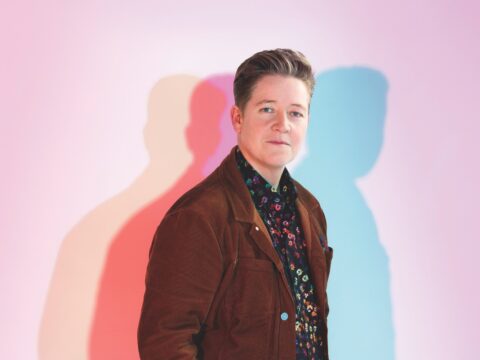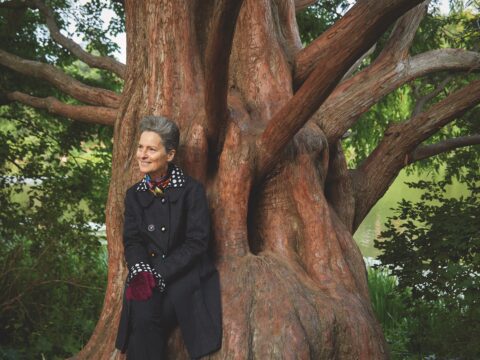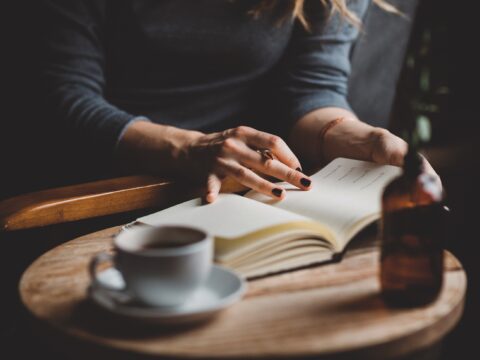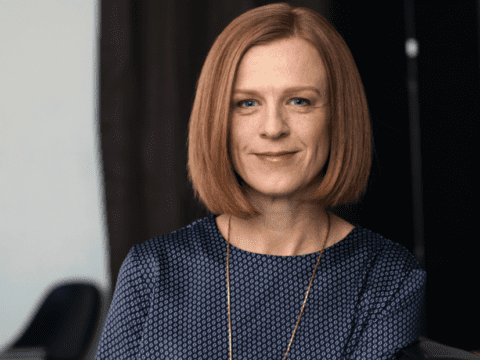When I was a little girl, I watched my father pray, planting his calloused knees on the ground and rocking with fervour. His voice would echo across the small house with its yellowing walls, and every word of every prayer spoke of vulnerability. I heard his deepest fears and confessions, things no one else knew, offered to Tata Nzambe — Father God.
As a child, I did not understand religious dogma, but I understood family. The god I came to know in my Congolese childhood home was a god of lineage. The Congolese notion of ya bakoko means “of old” or “belonging to the ancestors.” Much like the Jewish concept of l’dor v’dor — “from generation to generation” — faith is transmitted and kept living through holy observation and customs within the family.
You may unsubscribe from any of our newsletters at any time.
Often in his conversations with God, my father used the phrase “God of Abraham, Isaac and Jacob.” The word “of” expresses a form of relationship. In the same breath that my father spoke the Abrahamic blessing, he also said: “God of Charles Nkelani Mpata, father of my mother; God of Hélène Bwakadila, mother of my mother; God of Antoine Samba, father of my father; and God of Thérèse Butete, mother of my father.” This is the genealogy of faith.
It has been 20 years since my father and mother stood before a judge and were granted rights to Canada. Still, the humiliation of having to wear the title of refugee never really goes away. The sweetness of being granted asylum, citizenship, a passport or residency is always dimmed by the bitterness of the burden of gratefulness: that we cannot ask for too much, or question too much, because Canada took a chance on us.
As a Black, first-generation immigrant woman, I hold tensions in me that feel too heavy for concepts of diversity and inclusion. I cannot continue to try to find rootedness in a place where I am systematically made to not belong. In dreaming of stability and calm, I must first grab hold of what I know. I am related to God — that is unequivocal. Ya bakoko is binding. The covenants my ancestors made with God pre-date me and yet are remembered daily in the blessings my parents speak over me.
More on Broadview:
- Microaggressions are constant reminders I don’t belong
- Stop minimizing racism in Canada
- What I need from white people right now
Remembrance is everything: knowing that up until this very moment, my sacred lifeline has been preserved and maintained through millennia, both spiritually and physically, is a powerful notion, and has given me a new purpose. I know I cannot be de-stabilized: I was not born into placelessness, and I will not die in placelessness.
My rootedness comes through this realization: I was born into something. My hope is genetic, and for that, I am still able to imagine a joyful future despite the precariousness of these conditions. For that, I can audaciously stand on my name, and in the knuckles of life tuck faith in who I am and to whom I belong.
***
Sarah Mayangi is a birth worker in Gatineau, Que., and Ottawa.
This story first appeared in Broadview’s Oct/Nov 2021 issue with the title “The Genealogy of Faith.”

